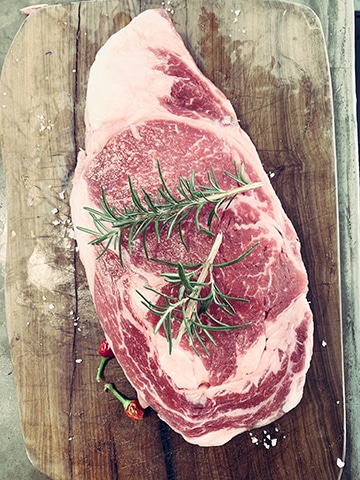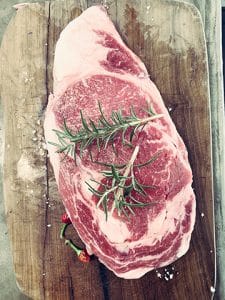
 It doesn’t matter whether it’s animal or plant protein, certain factors determine what’s best. For instance, does it contain all nine essential amino acids. The essential amino acids are ones the body can make itself. They must be consumed as food. Some essential amino acids are used more often than others are, such as glutamine compared to tryptophan, which isn’t used as often. The amount necessary for the body should also be considered. Animal protein sources are complete, while only a few plant sources are and they must be combined to make complete proteins.
It doesn’t matter whether it’s animal or plant protein, certain factors determine what’s best. For instance, does it contain all nine essential amino acids. The essential amino acids are ones the body can make itself. They must be consumed as food. Some essential amino acids are used more often than others are, such as glutamine compared to tryptophan, which isn’t used as often. The amount necessary for the body should also be considered. Animal protein sources are complete, while only a few plant sources are and they must be combined to make complete proteins.
If your body can’t digest the protein easily, it may not get all the benefit.
Even if the protein is complete, your body may not get all it needs. It has to be in a form the body can use. Some are easy for the body to digest and you get the maximum benefit, while others aren’t easily digested and you may get just half the amount available. In this case, pea protein is far more digestible than beans, rice or nuts, which may offer only provide a 50% usability rate compared to 95% of pea protein.
Protein can cause inflammation.
Inflammation is necessary to protect the body, but chronic inflammation is bad. It can cause serious conditions and prevent proper absorption of nutrients, slower metabolism, heart problems and achy joints to name a few problems. Wheat protein known as gluten and milk protein like casein are highly inflammatory compared to other types of protein.
What’s the best protein, plant or animal?
There are reasons animal protein is excellent and also ones that make plant protein superior. A plant based protein diet may help lower blood pressure, reduce body weight, reduce the risk of stroke, heart disease and cancer. However, it all depends on the type of protein consumed and how it’s cooked. Plant based protein may help prevent type 2 diabetes, too. However, a diet rich in fatty fish may also help prevent heart disease and mental decline. Animal protein can also increase lean muscle mass and prevent muscle loss from aging. Eating both types of protein can be beneficial.
- Choose both animal and plant protein that has low levels of toxins. That means choosing organic vegetable sources and animal protein sources. Grass fed and free-range animal protein options also offer even more advantages.
- When you choose your protein sources, look for other benefits, like the nutrient density. It should have healthy fat, vitamins and mineral.
- High quality protein doesn’t have to cost a fortune. You can use canned tuna and wild caught canned salmon, free-range eggs or make it a meatless night with beans and rice, quinoa or buckwheat.
- Organ meat from grass fed, organic animals is less expensive but contains tons of nutrients. Beef and chicken liver and hearts are high quality nutritious protein sources that don’t cost a fortune.
For more information, contact us today at Body Sculptors Personal Training
